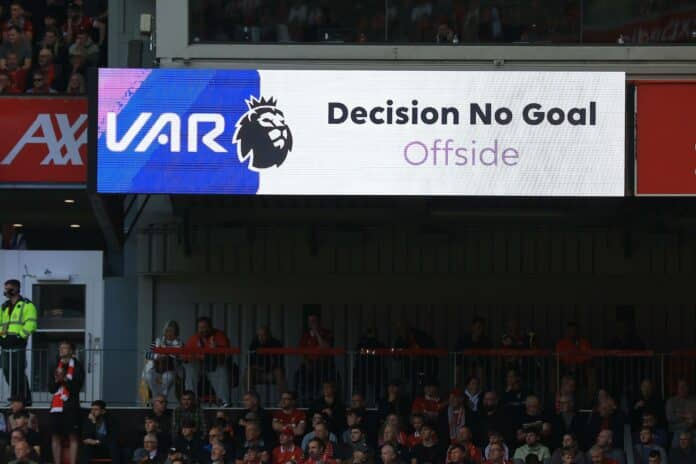Premier League Delays Semi-Automated Offside Technology Until Winter
The introduction of semi-automated offside technology to the Premier League, initially expected this autumn, has now been delayed until winter. This decision came after Premier League clubs had approved the system earlier this year, with many anticipating its implementation following the autumn international break. However, the target dates of September or October have slipped, and the likelihood of the technology being fully operational by mid-November appears slim.
According to Sky Sports, the introduction of the technology is now being pushed further, potentially into the winter months.
Managing Expectations on New Technology
In a recent meeting held in London, Premier League executives agreed to delay the launch to manage expectations across the clubs. The technology is still undergoing rigorous testing, and league officials are keen to ensure its reliability before full-scale implementation. This delay may frustrate some, but it reflects the cautious approach taken by league management to avoid hasty rollouts and possible issues during high-profile matches.
The league remains optimistic, however, that when the system is fully operational, it could speed up the time taken for offside decisions by approximately 30 seconds—addressing one of the most common complaints associated with the current VAR process.
How Does Semi-Automated Offside Technology Work?
The semi-automated offside system has already seen use in major competitions like the Champions League and Serie A. It was also implemented during the 2022 World Cup in Qatar and the 2024 European Championship in Germany, both with generally positive feedback.
The technology relies on 12 specialised cameras installed in stadiums to track the ball and 29 key data points on each player. In some iterations, such as the World Cup, a chip embedded within the match ball provided additional accuracy. However, not all implementations require this feature. Additionally, the system will generate 3D animations of offside decisions, displayed on stadium screens, providing fans with more transparency than the current Video Assistant Referee (VAR) setup.
Why VAR Has Faced Criticism
Currently, Premier League officials use Hawk-Eye technology for offside decisions, but it has been widely criticised for its perceived inaccuracies and the lengthy wait times involved. Moreover, in-stadium fans are often left frustrated due to the lack of replays and explanation during VAR checks. One of the most notorious examples came last season when Luis Diaz’s legitimate goal for Liverpool against Tottenham was ruled offside, sparking outcry over the system’s reliability.
When semi-automated offside technology finally launches, the existing VAR system will still act as a backup. This is particularly important when cameras are obstructed by players, as the new system may not always function perfectly under such circumstances.

